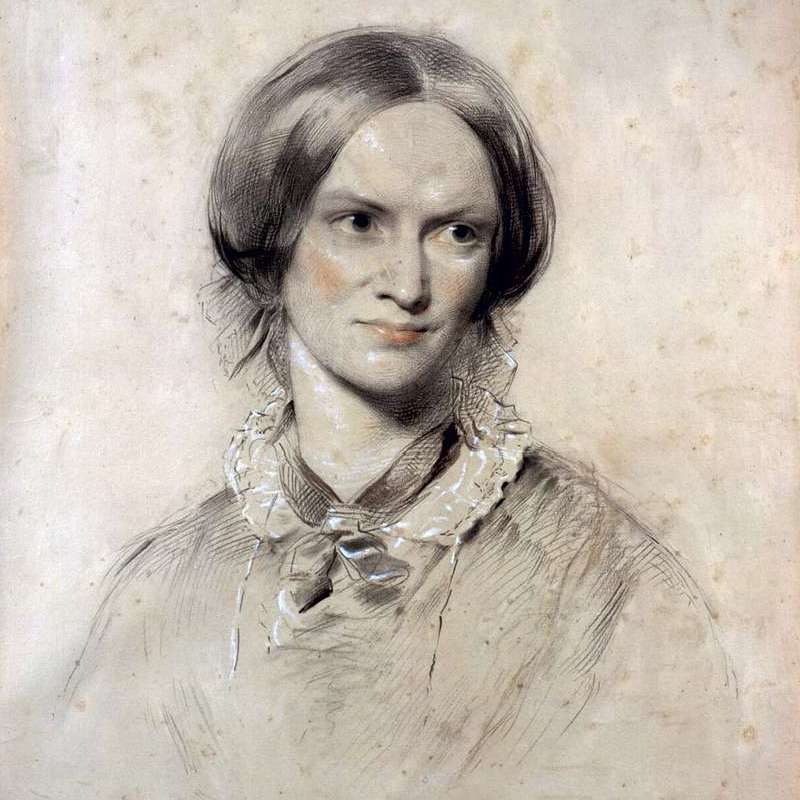Life, believe, is not a dream
So dark as sages say;
Oft a little morning rain
Foretells a pleasant day.
Sometimes there are clouds of gloom,
But these are transient all;
If the shower will make the roses bloom,
O why lament its fall?
Rapidly, merrily,
Life’s sunny hours flit by,
Gratefully, cheerily
Enjoy them as they fly!
What though Death at times steps in,
And calls our Best away?
What though sorrow seems to win,
O’er hope, a heavy sway?
Yet Hope again elastic springs,
Unconquered, though she fell;
Still buoyant are her golden wings,
Still strong to bear us well.
Manfully, fearlessly,
The day of trial bear,
For gloriously, victoriously,
Can courage quell despair!
Published:
1846
Length:
Regular
Literary Movements:
Romanticism
Victorian
Anthology Years:
2024
Themes:
Faith & Hope
Strength & Resilience
Literary Devices:
End Rhyme
when a poem has lines ending with words that sound the same
Personification
the attribution of human qualities to a non-human thing
Rhetorical Question
a question asked for effect, not necessarily to be answered

